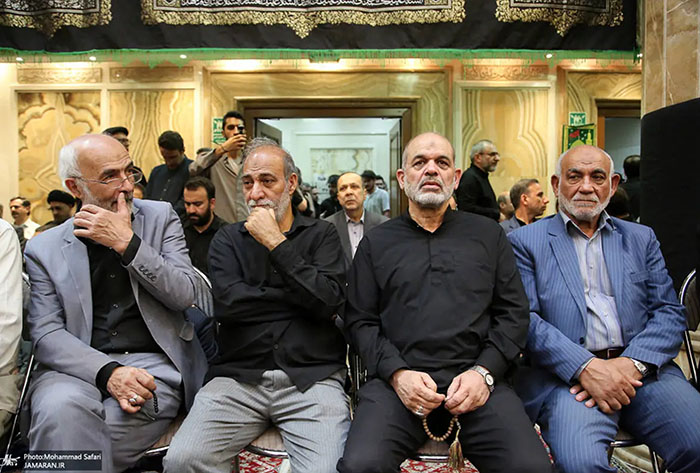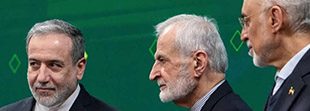Eulogies delivered at the site emphasized his fearless stance against corruption, his scholarly contributions to economics, and his commitment to independence in media and thought. The crowd moved slowly around the tomb, where Imams Ain Ali and Zein Ali—believed by many to be descendants of the Prophet Muhammad—are buried. To be laid beside such figures reflects both spiritual reverence and a sense of national honor. For Ahmad Tavakoli, whose life was rooted in conservative Islamic values and activism, the site was a fitting final resting place.
Humble Origins: From Behshahr to the Political Epicenter
Ahmad Tavakoli was born in 1955 in Behshahr, a city located in the northern province of Mazandaran. His family history reflects the story of Iranian resilience: descended from a merchant from Isfahan, his grandfather once traded with the Caucasus and Russia during the Tsarist period. With the Bolshevik Revolution cutting trade routes and bankrupting his family, the Tavakolis settled permanently in northern Iran. This transition from commercial prominence to provincial simplicity shaped the character of young Ahmad, instilling in him a sense of frugality, discipline, and duty.
His childhood in Behshahr coincided with the final decades of the Pahlavi monarchy, during which discontent brewed among clerics, intellectuals, and revolutionaries. Tavakoli joined the ranks of students and activists who sought systemic change.
Academic Path and Revolutionary Zeal
In 1969, Tavakoli was admitted to Pahlavi University (renamed Shiraz University after the revolution), where he studied electrical engineering. However, his time as a student coincided with nationwide student unrest. Involvement in political strikes and anti-regime protests led to his expulsion before he could complete his degree. After the 1979 Islamic Revolution, he redirected his energy toward reconstructing Iran through education and public service.
Tavakoli would later resume his academic trajectory. In the early 1990s, he earned a PhD in economics from the University of Nottingham in the United Kingdom, supported by the Iranian Ministry of Culture and Higher Education. His doctoral thesis, “Causes of Inflation in the Iranian Economy, 1972–1990,” became a reference for economic policy circles in Iran and demonstrated his analytical grasp of Iran’s financial challenges during war, sanctions, and economic transition.
Upon returning to Iran, Tavakoli joined the Faculty of Economics and Political Science at Shahid Beheshti University, serving as an assistant professor until his retirement in 2013. Students remember him as a strict yet thoughtful educator, who emphasized the relationship between economic theory and Islamic ethics.

